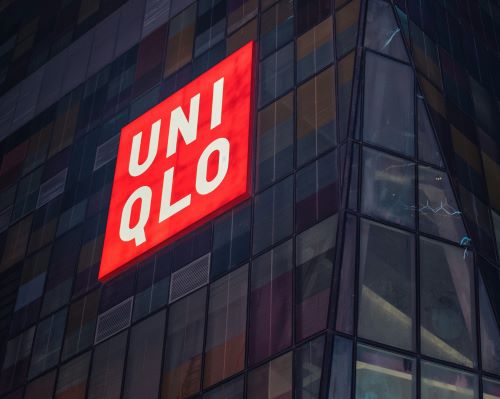Fast Retailing, the company behind the Japanese clothing chain Uniqlo, has announced plans to introduce digital tracking technology in its supplier factories. The initiative is designed to prevent its stores from running out of high-demand items. “It’s essential to track materials to make stores and factories as connected as possible,” said Chief Information Officer Takahiro Tambara.
Fast Retailing identifies itself as a “digital consumer retail company” that aims to have whatever customers want, whenever they want it. With an annual production of over 1 billion pieces of clothing, the company requires a highly efficient supply chain.
RFID and QR Codes: The Future of Inventory Control
The company began using radio frequency identification (RFID) tags on its finished items in 2017. It now believes that by introducing an enhanced tracking system at the manufacturing stage, it can avoid running out of items in its stores. The company is yet to decide whether to use RFID tags or QR codes for this purpose.
Fast Retailing’s RFID-based digital platform has already been introduced to most of its garment factories for its finished products. The company plans to use it, either RFID or QR, in fabric mills, aiming to integrate material inventory and production plans and to “make more timely decisions on production,” according to the spokesperson.
Enhancing Customer Experience with RFID
Many Uniqlo stores allow shoppers to use self-checkout systems that scan for RFID tags in a basket. This system, which does not require reading a barcode for each item, halves the checkout time, helping to prevent long queues. While these self-checkout stations have been installed in most countries where Uniqlo has stores, they have not been in the Philippines or India.
RFID tags are expected to improve product traceability by collecting vast amounts of data on everything from price, size and color to the kind of material and manufacturing location. We aim to unify logistics and information flow in the supply chain,” Tambara said.
Digital tracking technology is set to revolutionize the supply chain process at Fast Retailing. By implementing RFID and QR code systems, the company aims to ensure that its stores never run out of popular items, thereby enhancing the overall customer experience.








